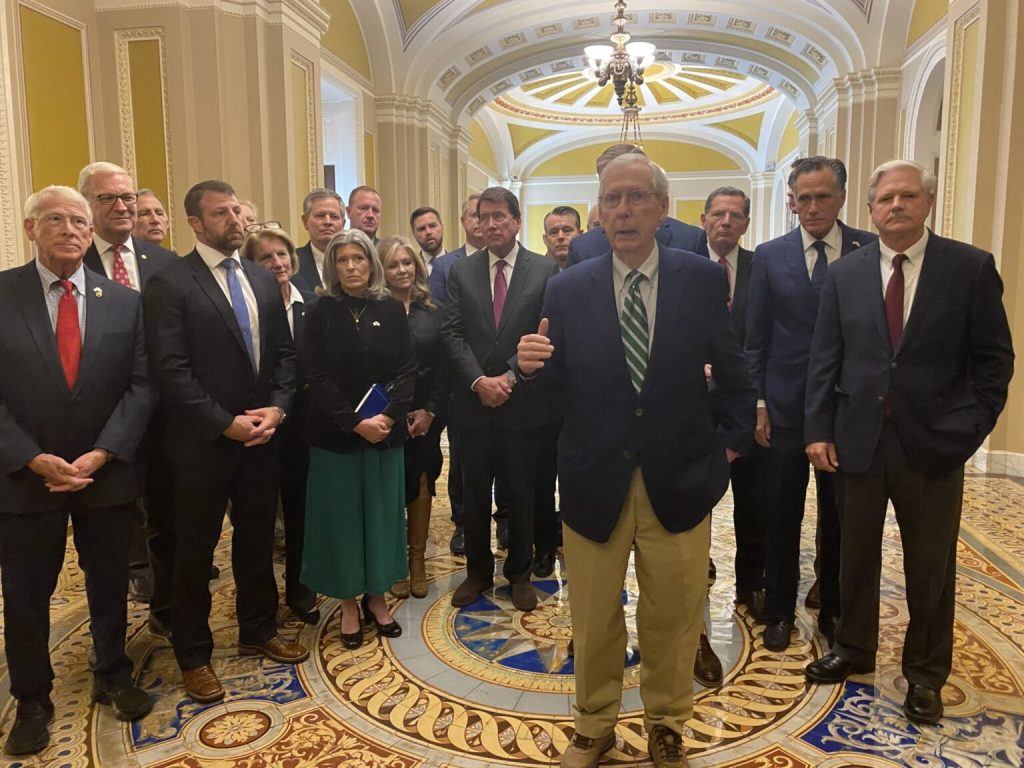HUNTSVILLE, Ala. (WAFF) – Former President Donald Trump’s decision to extend TikTok’s operations for an additional 75 days has sparked conversations about national security, data privacy, and the role of foreign-owned apps in the United States. Trump signed an executive order that delays the app’s ban, giving TikTok time to find an American buyer. However, this move has not overturned the ban, merely delaying its enforcement.
TikTok’s National Security Concerns
The social media platform, owned by the Chinese company ByteDance, faced a temporary shutdown after the Supreme Court denied its appeal to overturn legislation requiring its sale to an American company. The primary concern revolves around data security and the potential for foreign interference.
Jay Town, former U.S. Attorney and Trump appointee, is now Vice President at Gray Analytics, a cybersecurity firm. He emphasized the risks posed by TikTok, stating:
“The status quo is unacceptable. If changes can address national security concerns while allowing free speech and commerce, the platform could survive. Otherwise, we risk losing TikTok altogether.”
Alabama Lawmakers Voice Support
Two North Alabama congressmen, Dale Strong and Robert Aderholt, have expressed their continued support for Trump’s decisions regarding TikTok. Both lawmakers voted in favor of the initial ban and believe it is essential to address the app’s ties to China.
Congressman Dale Strong highlighted the importance of protecting American data:
“It’s all about not allowing China to steal our information. We’ve seen how TikTok has benefited businesses, but the big issue is taking it out of the hands of those who oppose America.”
Congressman Robert Aderholt echoed these concerns in a statement:
“I remain deeply concerned about the national security risks posed by TikTok due to its ties to the Chinese government and potential for espionage. The app’s data-collection practices raise serious questions about how user information could be exploited by foreign entities.”
Aderholt added that while the task of addressing these concerns is complex, he trusts Trump’s ability to find a solution that protects both privacy and access to the app.
The Broader Implications of TikTok’s Future
TikTok’s popularity in the U.S. is undeniable, with millions of users relying on the app for entertainment, business promotion, and social connection. However, its Chinese ownership has raised alarms among cybersecurity experts and lawmakers. The concern lies in how user data, including sensitive personal information, could be accessed by the Chinese government.
The executive order provides a temporary reprieve, but it underscores the need for a long-term solution that balances national security with user access. Jay Town believes that addressing these issues requires significant changes to the platform’s ownership and data-handling practices.
“If we can ensure the app no longer poses a security threat, it could remain a platform for free speech and commerce,” Town said.
Public and Business Reactions
The uncertainty surrounding TikTok’s future has left users and businesses in a state of limbo. Many small businesses rely on the platform to reach customers and grow their brands. For these users, the potential loss of TikTok could mean losing a valuable marketing tool.
Despite these concerns, there is growing recognition of the risks associated with the app. Lawmakers and cybersecurity experts agree that protecting American data should take precedence.
What’s Next for TikTok?
With the clock ticking on the 75-day extension, ByteDance faces immense pressure to sell TikTok to an American buyer. The sale would need to address key concerns, including data privacy and ownership transparency, to satisfy lawmakers and regulators.
Meanwhile, lawmakers like Dale Strong and Robert Aderholt are standing firm in their stance. They argue that the U.S. must prioritize national security and privacy over convenience.
“Protecting our citizens’ privacy and national security must be a top priority,” Aderholt said.
The outcome of this situation could set a precedent for how the U.S. handles foreign-owned technology companies in the future.
Safety vs. Access: The Ongoing Debate
The TikTok debate highlights a broader issue: balancing technological innovation and access with national security concerns. As discussions continue, one thing is clear—TikTok’s fate will have far-reaching implications for the tech industry and U.S.-China relations.
Trump’s executive order provides temporary relief, but the underlying concerns remain unresolved. Whether TikTok survives as a platform depends on finding a solution that satisfies both lawmakers and users.
Disclaimer – Our editorial team has thoroughly fact-checked this article to ensure its accuracy and eliminate any potential misinformation. We are dedicated to upholding the highest standards of integrity in our content.





More Stories
Why Alabama Lawmakers Support Trump’s Stand on TikTok’s National Security Risks
Why Alabama Lawmakers Support Trump’s Stand on TikTok’s National Security Risks
Why Alabama Lawmakers Support Trump’s Stand on TikTok’s National Security Risks